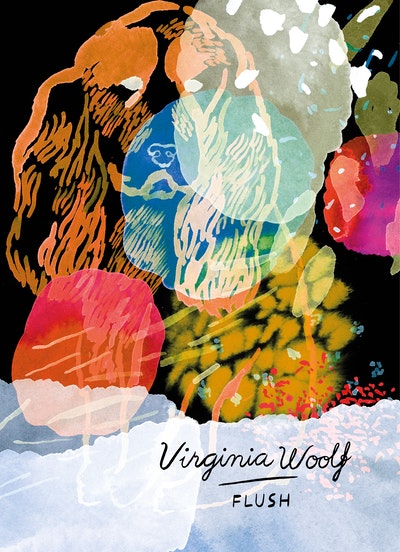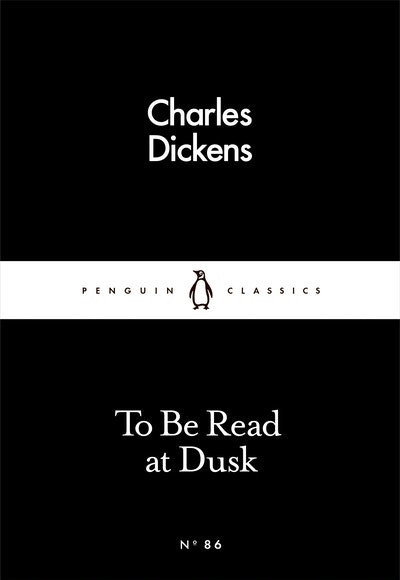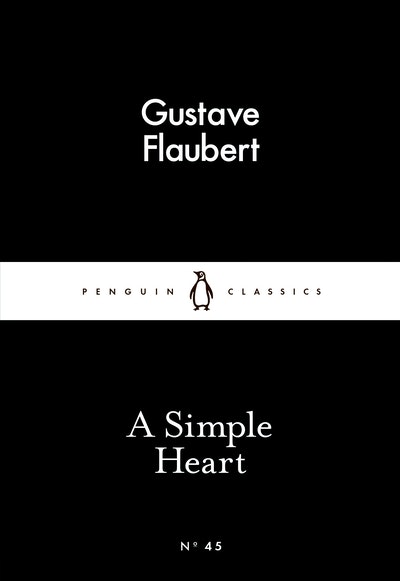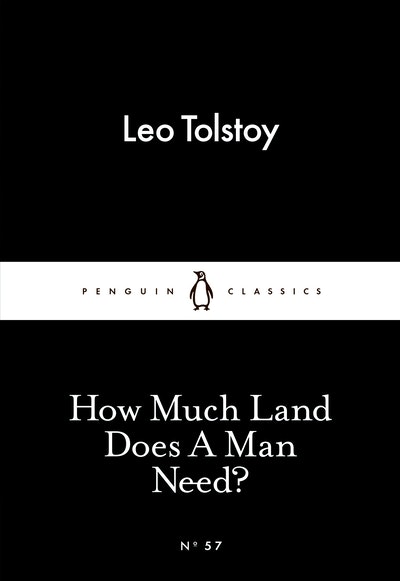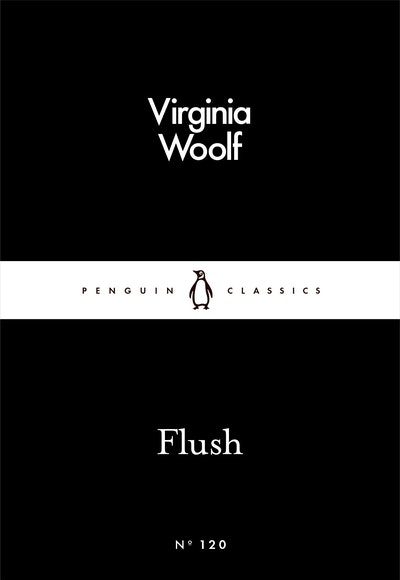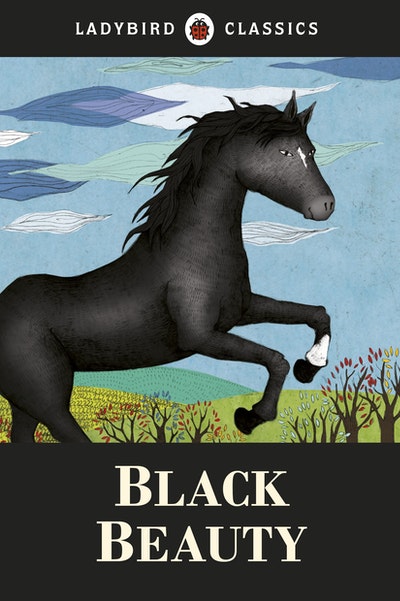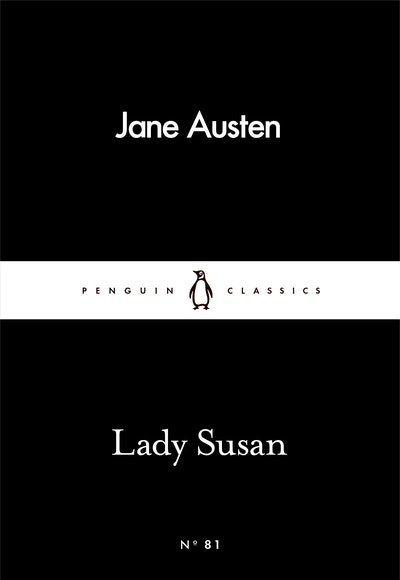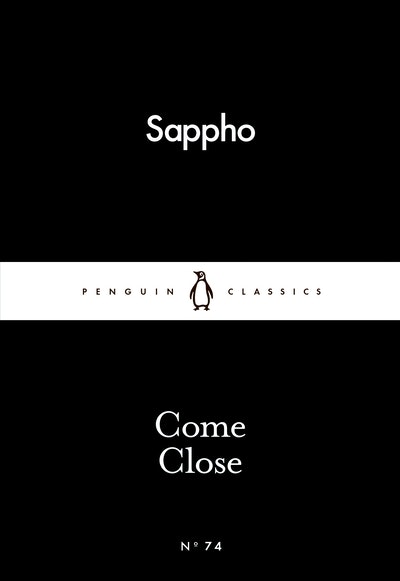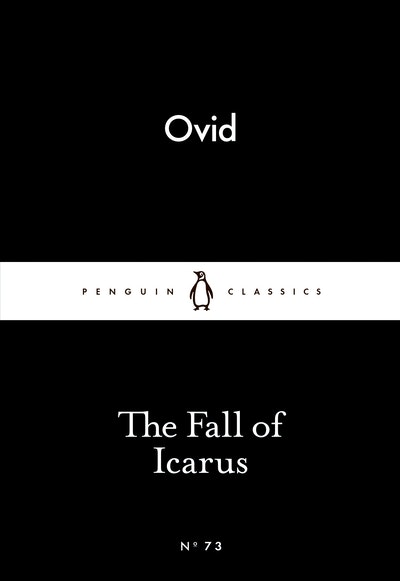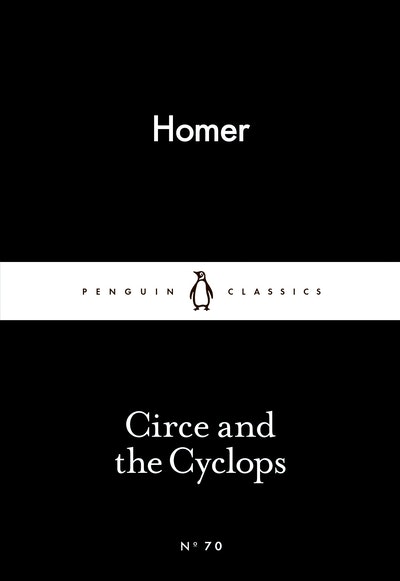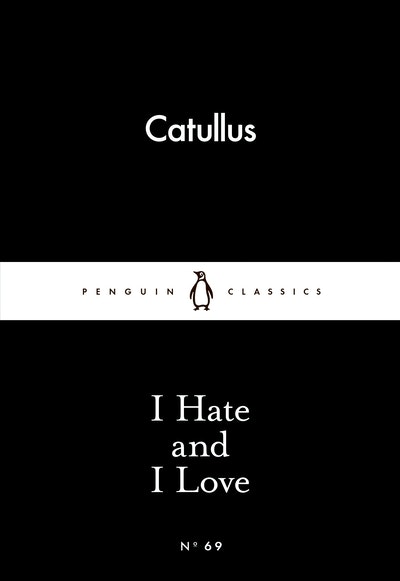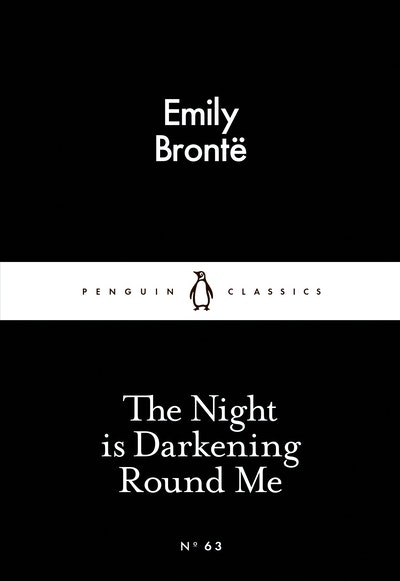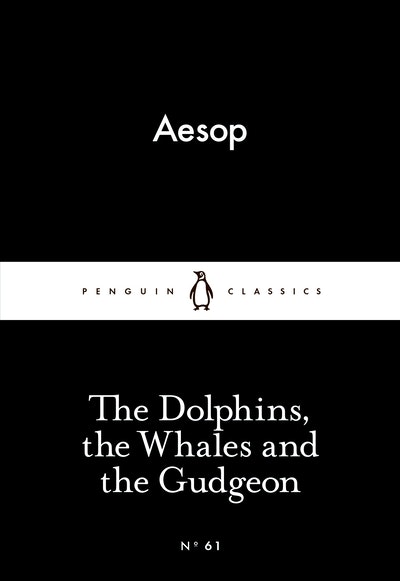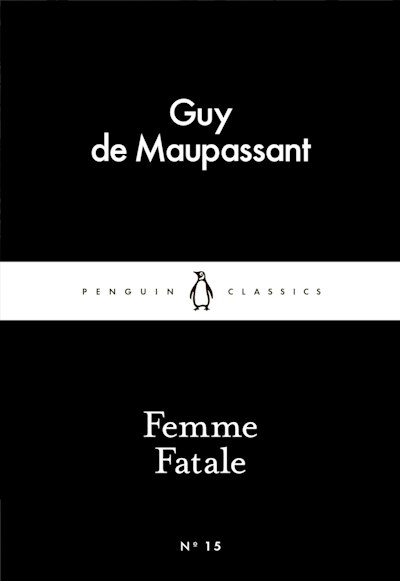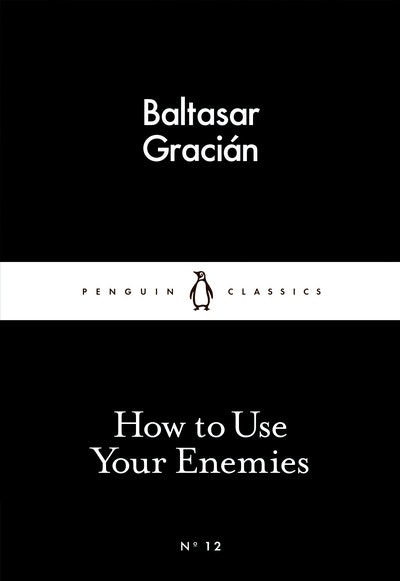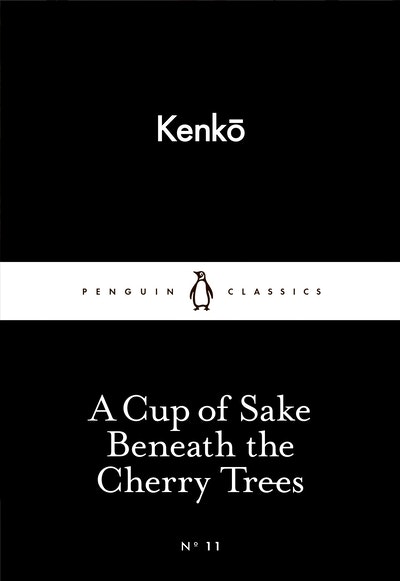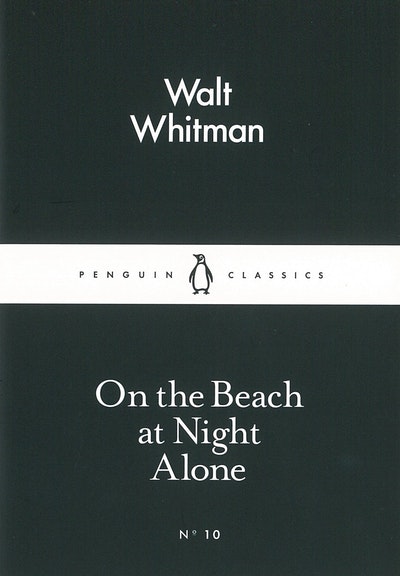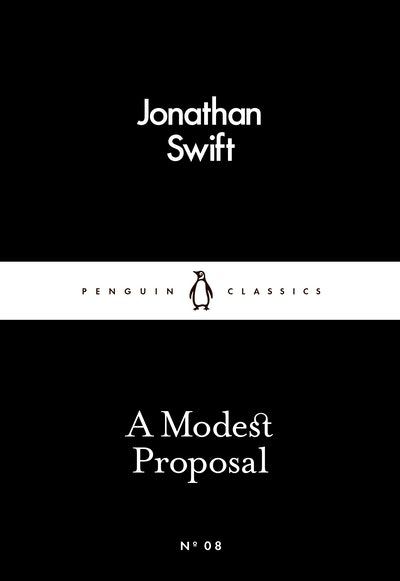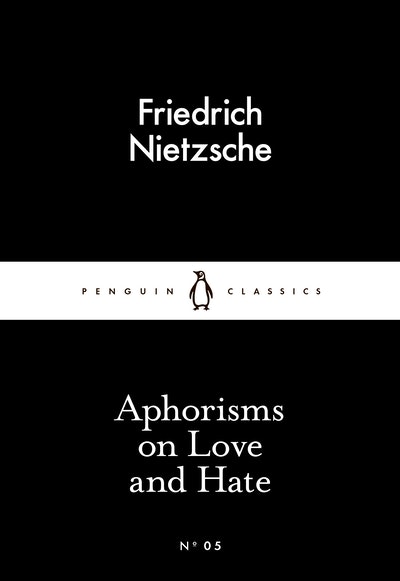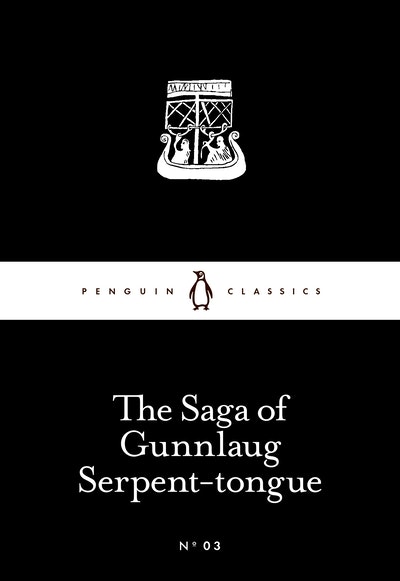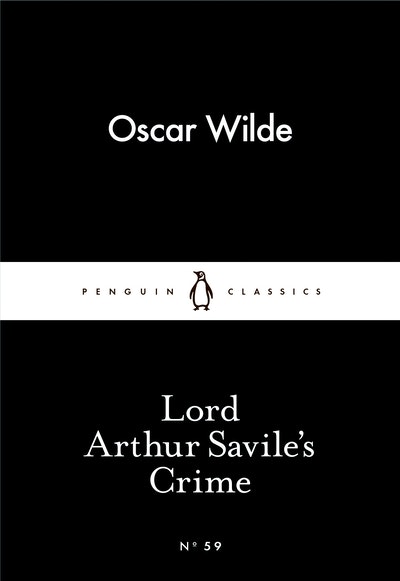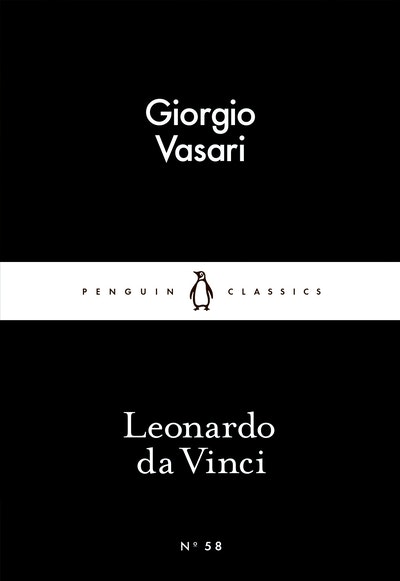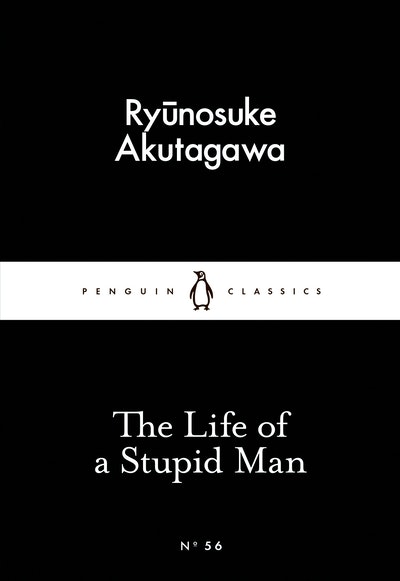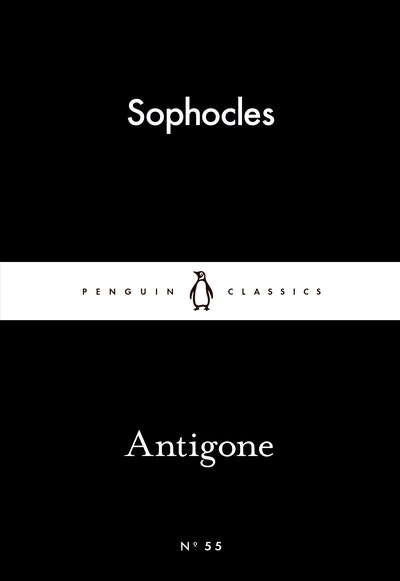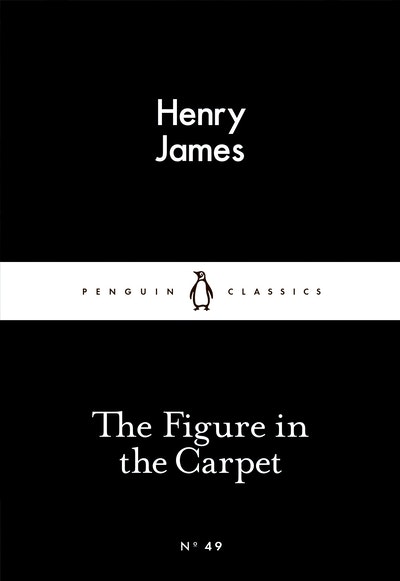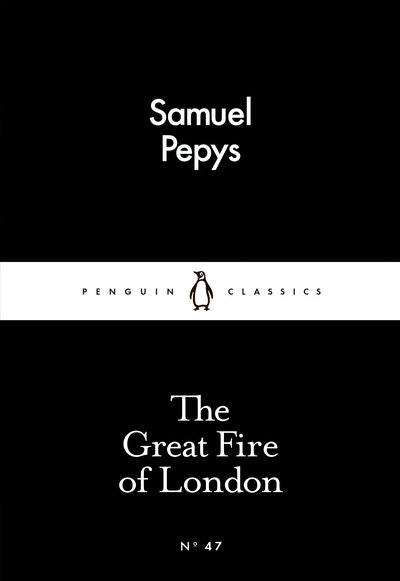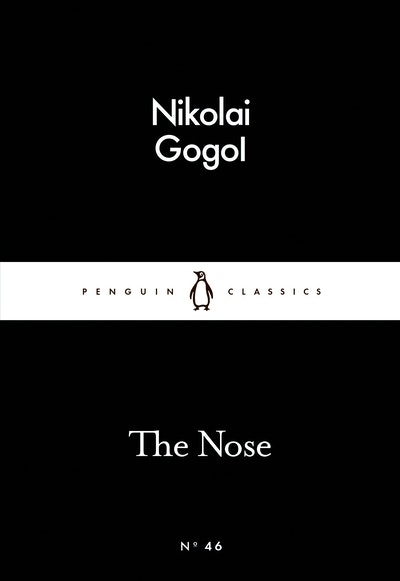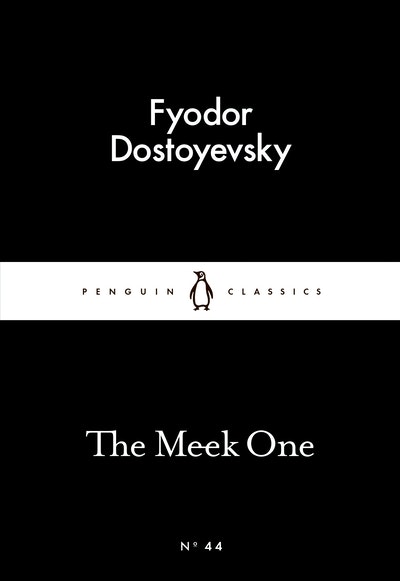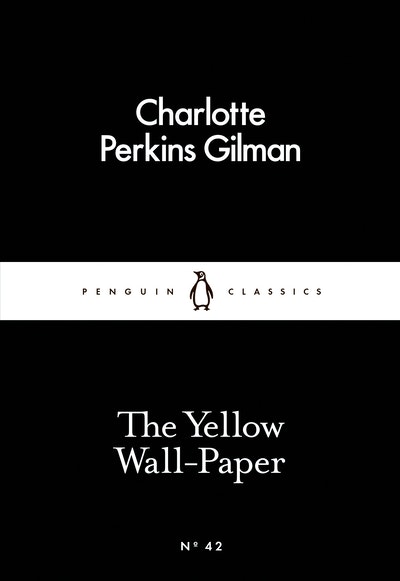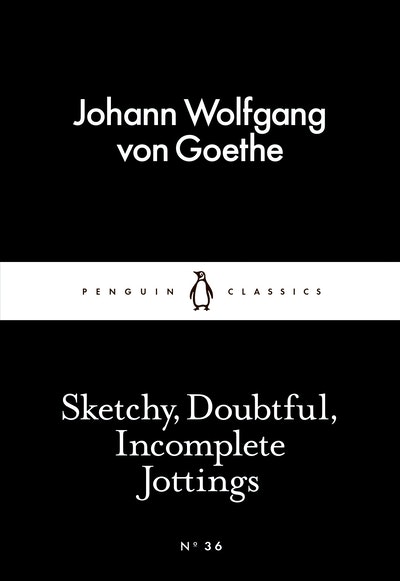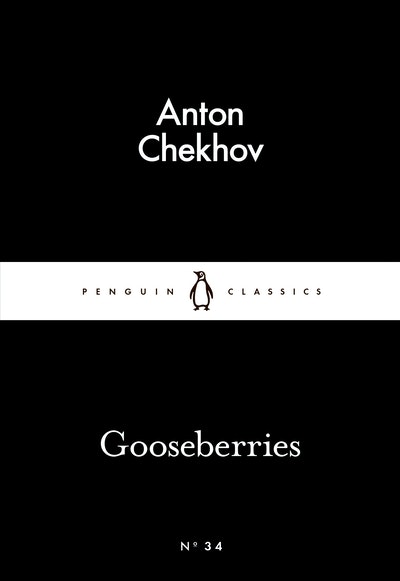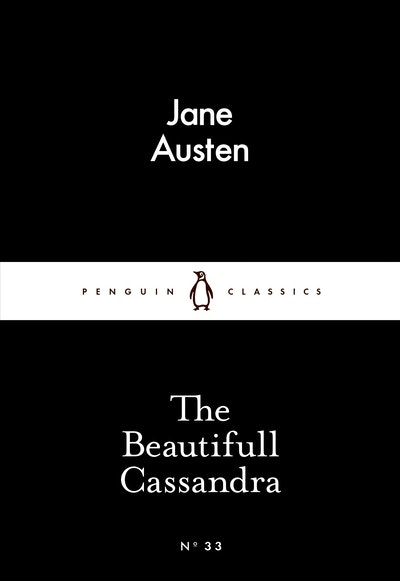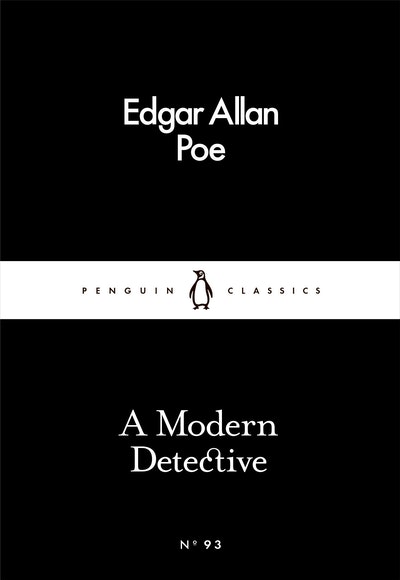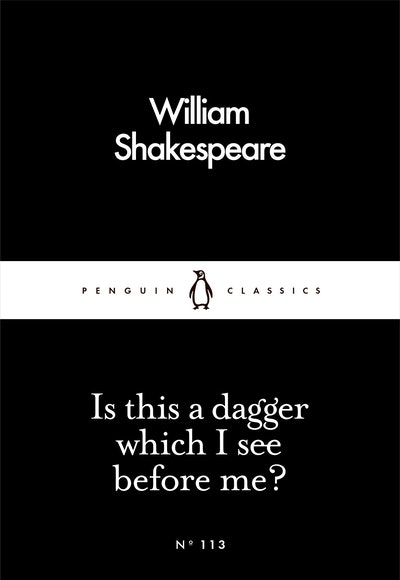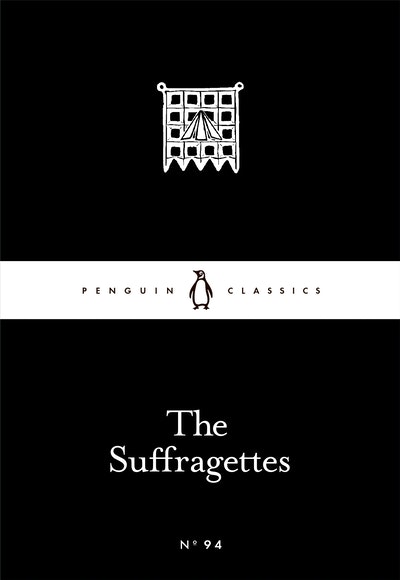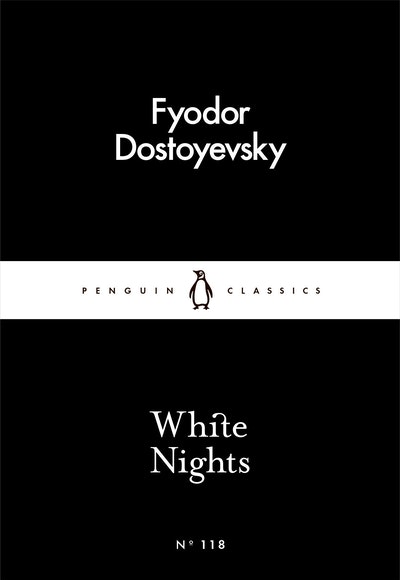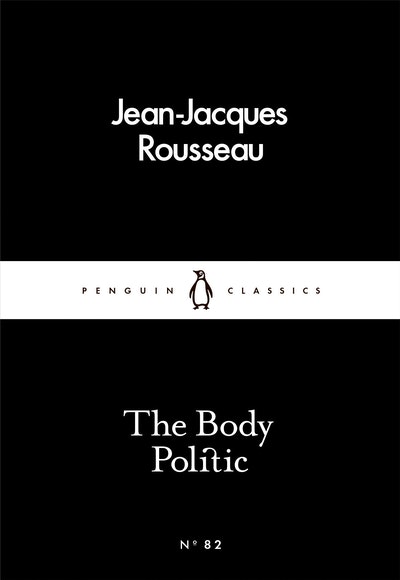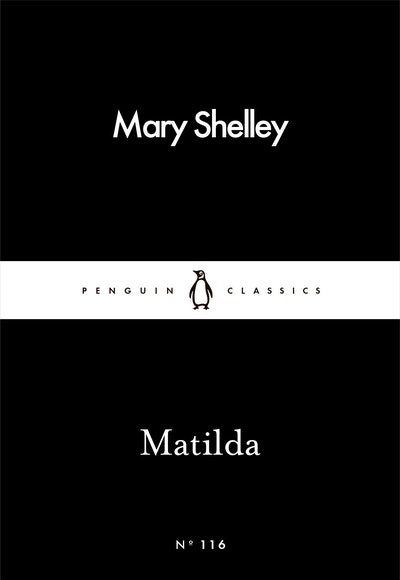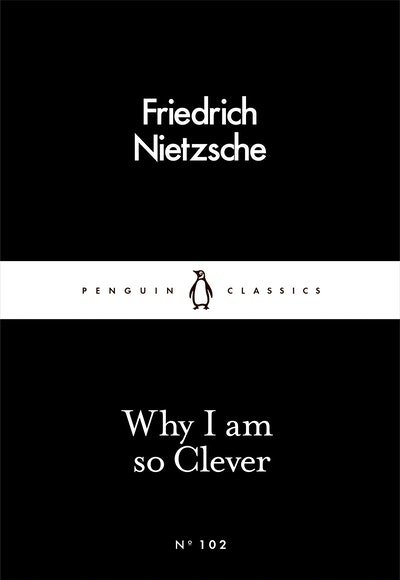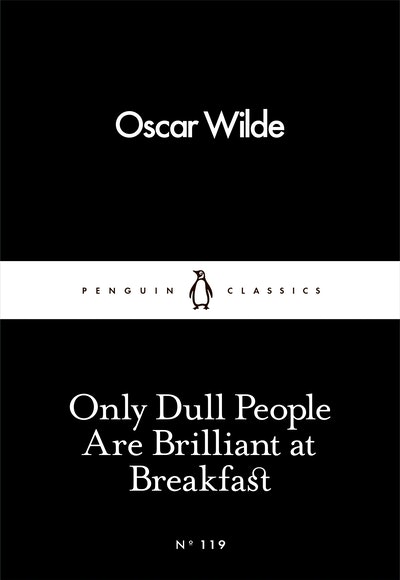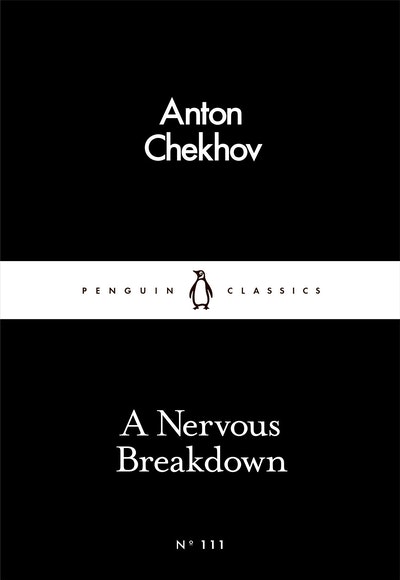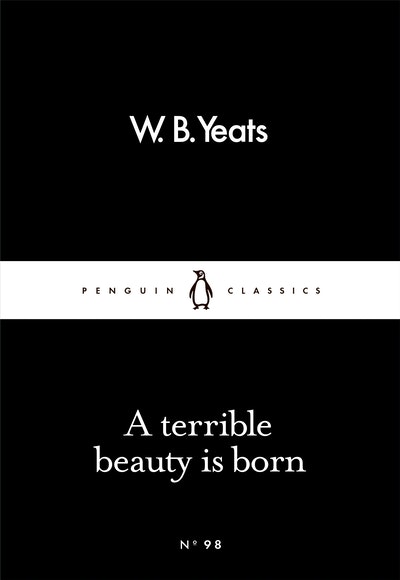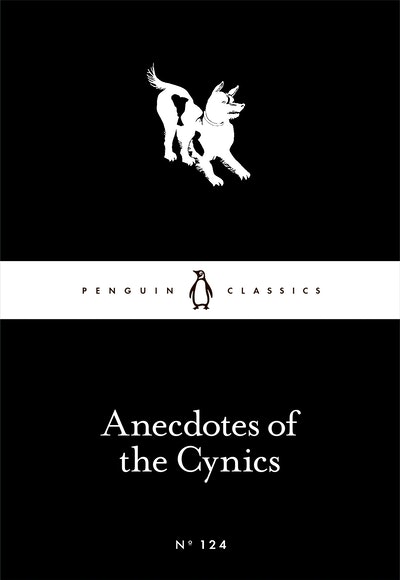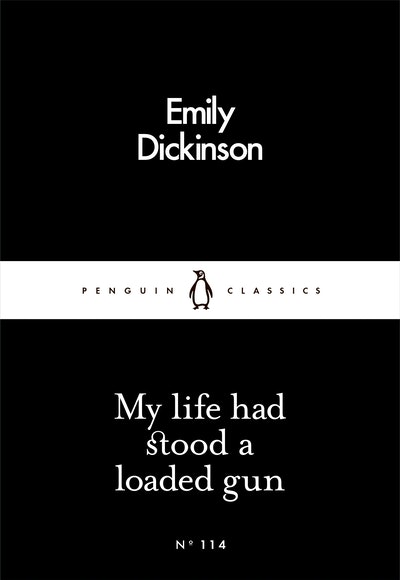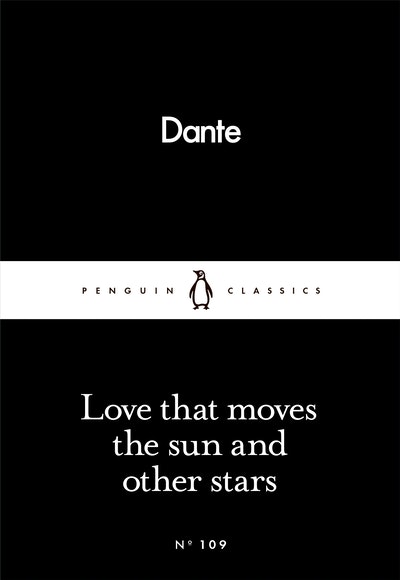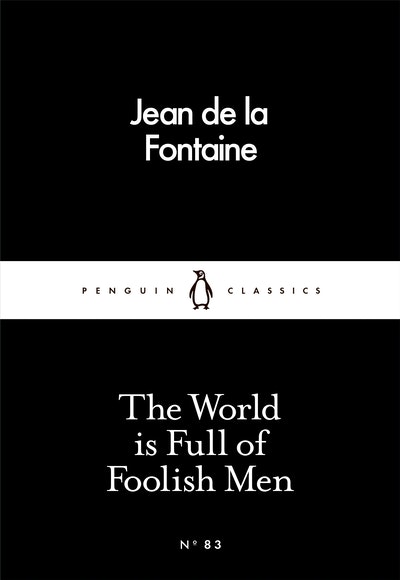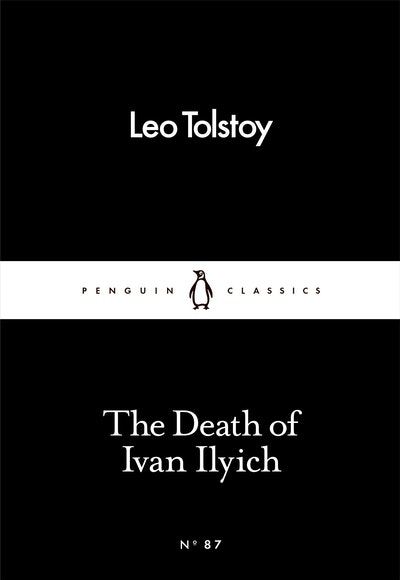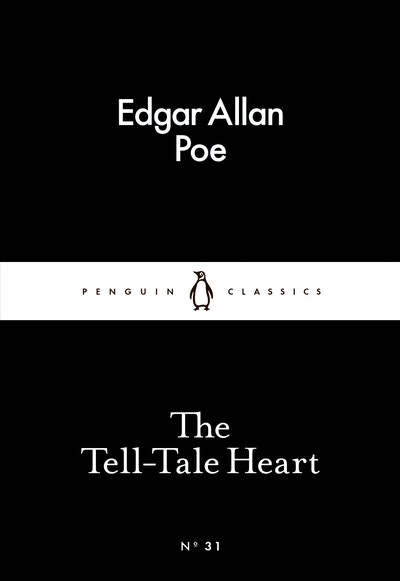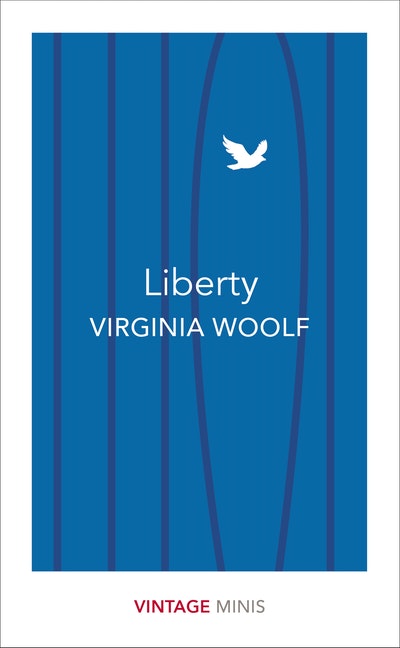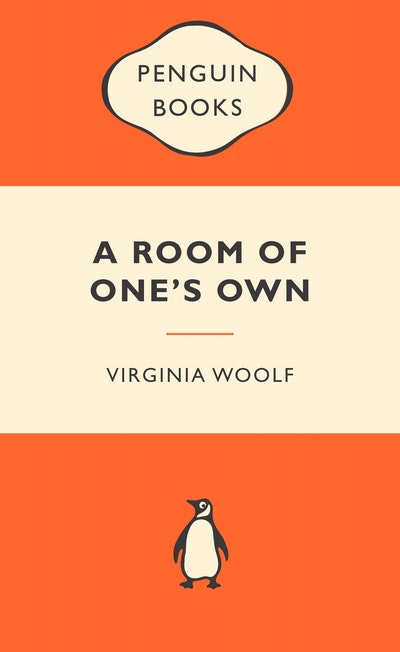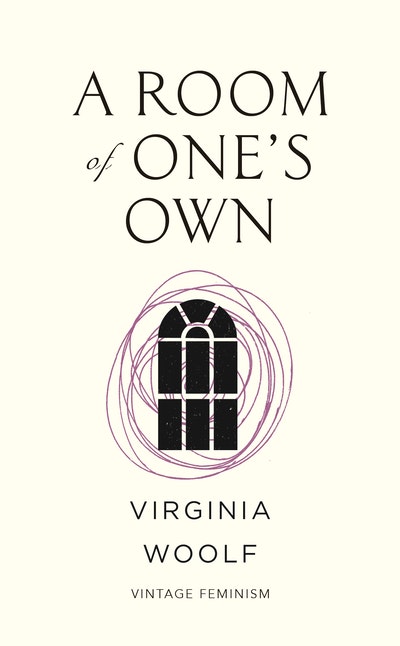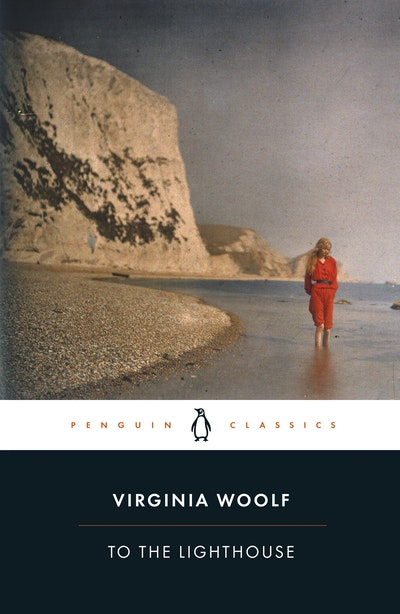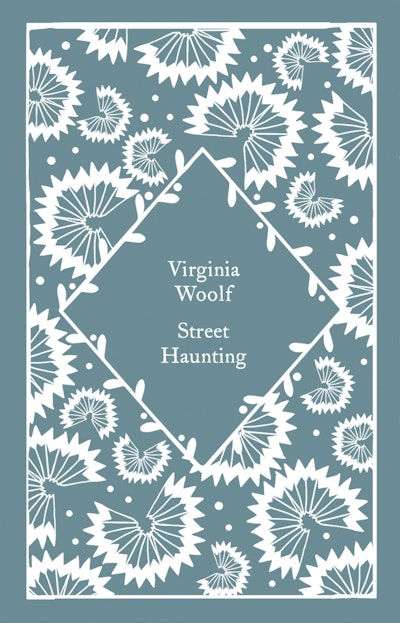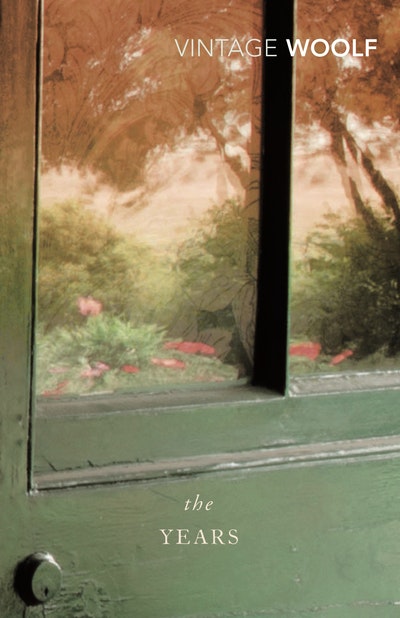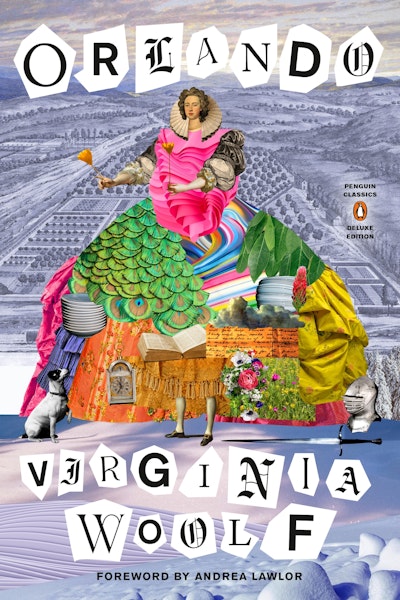- Published: 15 October 2018
- ISBN: 9781784875138
- Imprint: Vintage Classics
- Format: Paperback
- Pages: 144
- RRP: $29.99
Flush
A gorgeous Vintage Classics edition of Virginia Woolf's lively, witty and insightful 'biography' of the cocker spaniel Flush, loyal companion to nineteenth century poet Elizabeth Barrett Browning
Flush was an English cocker spaniel who belonged to the nineteenth-century poet Elizabeth Barrett Browning. Virginia Woolf learned of him from the love letters Elizabeth wrote to her future husband, fellow poet Robert Browning, and found ‘the figure of their dog made me laugh so, I couldn't resist making him a Life.’ The resulting ‘biography’ combines sensuous imaginative description with sharp social comment, and brings Woolf’s unsentimental humour and insight to the fore. We see Flush as loyal confidant to Elizabeth on her sickbed at Wimpole Street, and from his jealous perspective we witness her courtship by Browning, their elopement and new life in Italy. The perfect accessible introduction to Woolf’s genius, a unique blend of fact and fiction, Flush is perhaps best read in the company of a canine companion.
This edition includes the four original illustrations by Vanessa Bell and an afterword by Margaret Forster.
Cover designed by the award-winning Finnish designer Aino-Maija Metsola
- Published: 15 October 2018
- ISBN: 9781784875138
- Imprint: Vintage Classics
- Format: Paperback
- Pages: 144
- RRP: $29.99
Other books in the series
Related titles
Praise for Flush
A most triumphant trespassing of human imagination into dog sensibilities... The result is a book of irresistible grace and charm
Spectator
A masterpiece... It is not fiction because it has the substance, the reality of truth. It is not biography because it has the freedom, the artistry of fiction
New York Herald Tribune Books
Flush is an afternoon's delight for dog-loving readers. It's wit and whimsy and sniffing, snuffling playfulness will amuse anyone who's ever known a spaniel. Woolf's literary underdog is a canine classic.
Guardian
